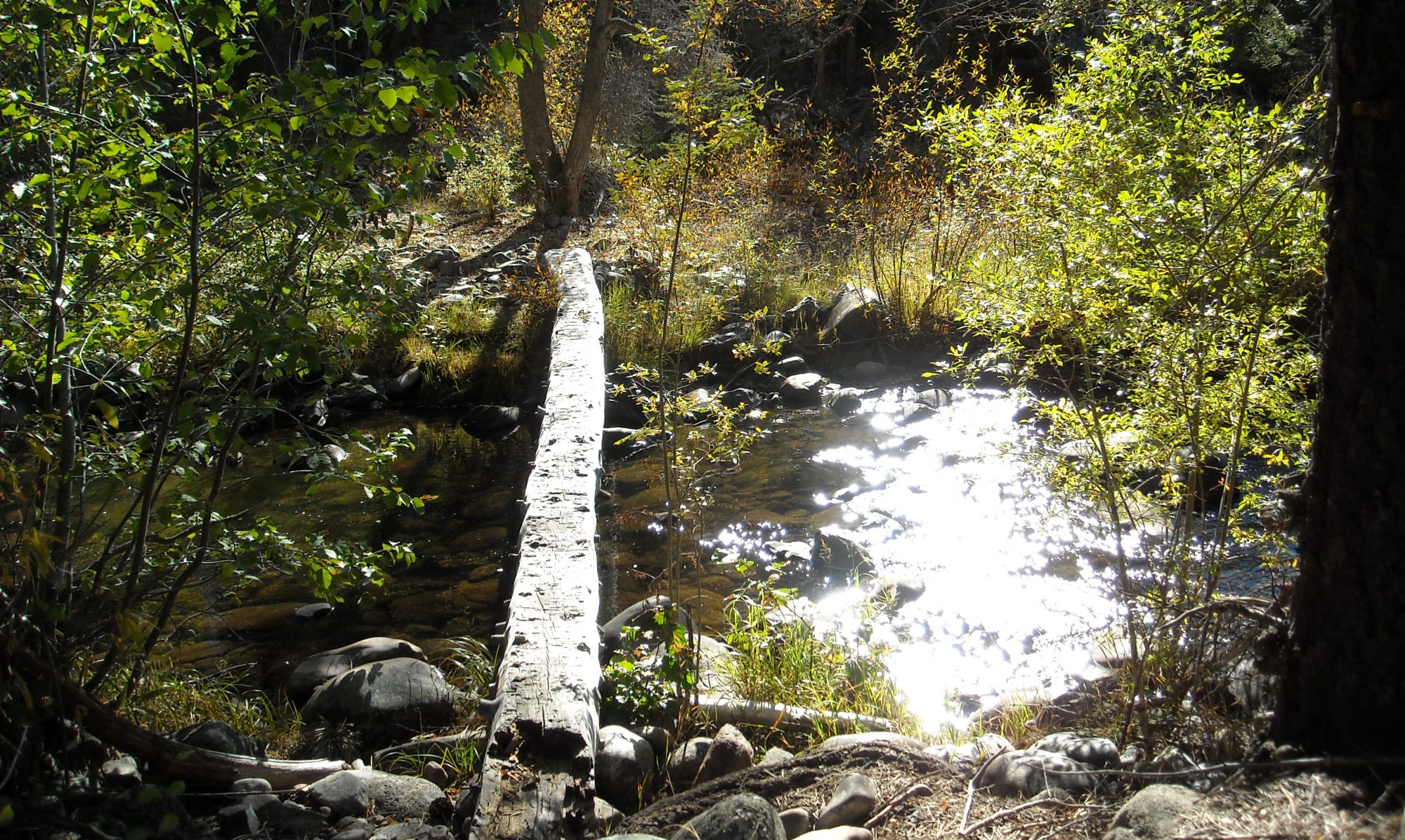I have been thinking about a post describing how I began writing again after a hiatus of fifteen years. Writing journey stories always fascinate me, no matter how prosaic, and I feel like writing my own might be useful for me as well as potentially interesting to others. I sat down and began it — but it soon became evident that the story of my writing journey is not yet ready to be told. The right words aren’t available to me yet. Someday they will be, but at the moment the topic is, as Natalie Goldberg would say, “composting.”
Instead, I will share something related: a list of writing resources. The list below contains things – mostly books, but also a set of videos – that I have found useful in writing. Some of them were useful in the past, even transformative, but more recently have been less so (although maybe they will be again sometime). Some I revisit again and again, finding something new each time; some were more useful to me years ago than they are now, but they’ve stuck with me and are part of my canon. They are not all directly about writing, and they contradict each other. Some of them, even, are internally inconsistent. But they are all resources that have helped me on my writing journey, as my driving question has changed from, why do I write? to, how do I write?
In most cases, the links for books go to my local indie, Bookworks, but the books are available elsewhere too (most of them – Second Sight is hard to find these days!).
- Writing Down the Bones and Thunder and Lightning, by Natalie Goldberg. Writing Down the Bones is a very well-known book, more than thirty years old now, which (despite my abiding love for writing books) I only discovered this past summer. Goldberg’s approach is all about writing practice; what she means by that is the topic of Writing Down the Bones, while Thunder and Lightning covers what to do with a writing practice, after you’ve established one. Goldberg has been instrumental in getting me writing again…or maybe it would be more accurate to say, in getting me to love writing again. In addition to her books, Goldberg teaches workshops, some online, one of which I attended this past June/July. If you have the opportunity to study with her, whether through her workshops or her books, I highly recommend it!
- Zen in the Art of Writing, by Ray Bradbury. This short collection of essays is an old favorite of mine. Although they are more personal essays than writing guide, they are filled with practical advice on how to write. And that advice is not dissimilar to Goldberg’s, although Bradbury and Goldberg are completely different writers. As someone who writes speculative fiction, I find the pairing of this volume with the two from Goldberg, above, extremely helpful.
- Steering the Craft, by Ursula Le Guin. This one is a guide; it is a finer-grained look at writing than the Goldberg and Bradbury books, being full of exercises that focus on language. A class on how to use language from Ursula Le Guin – who couldn’t use such a thing? (Probably someone, but I can sure use it!)
- Second Sight and The Magic Words, by Cheryl Klein. Klein, currently the editorial director at Lee & Low Books, self-published Second Sight, a collection of her talks and essays (out of print now, although Amazon lists some used copies) and then later went on to publish The Magic Words, a more formal writing guide, with Norton. Klein describes herself as a “narrative nerd” and these two books are my go-to guides for thinking about how to shape a narrative. Klein’s editorial specialty is children’s and young adult literature, but much of what she has to say applies to any writing – even non-fiction.
- On Writing, by Stephen King. I was not really a Stephen King reader, though his books were wildly popular among my peers (I love this interview and most particularly Victor Lavalle’s description of his early Stephen King-influenced writing; I was busy writing similar knockoffs of Mary Stewart, which didn’t resonate so well with my friends). On Writing is part memoir, part guide, and just amazingly well-written.
- Something to Declare, by Julia Alvarez. This book of autobiographical essays by Alvarez – one of “my” writers, writers who have written books that have become part of me – is more about her life (including her life as a writer) than about the mechanics of writing. It’s not a textbook, in other words. But writing and reading are the backbone of these essays, even the ones that are about Alvarez’s life as a child rather than writing per se, and I have learned much about writing from all of them.
- Brandon Sanderson’s lectures from his BYU class. Links for these can be found here https://www.brandonsanderson.com/writing-advice/; there are other versions out there too. I listened to the audio from the 2014 version fully (these seem to have been taken down at this point), and have watched only some sessions from more recent years – but as far as I can tell, the more recent classes cover the same ground.
